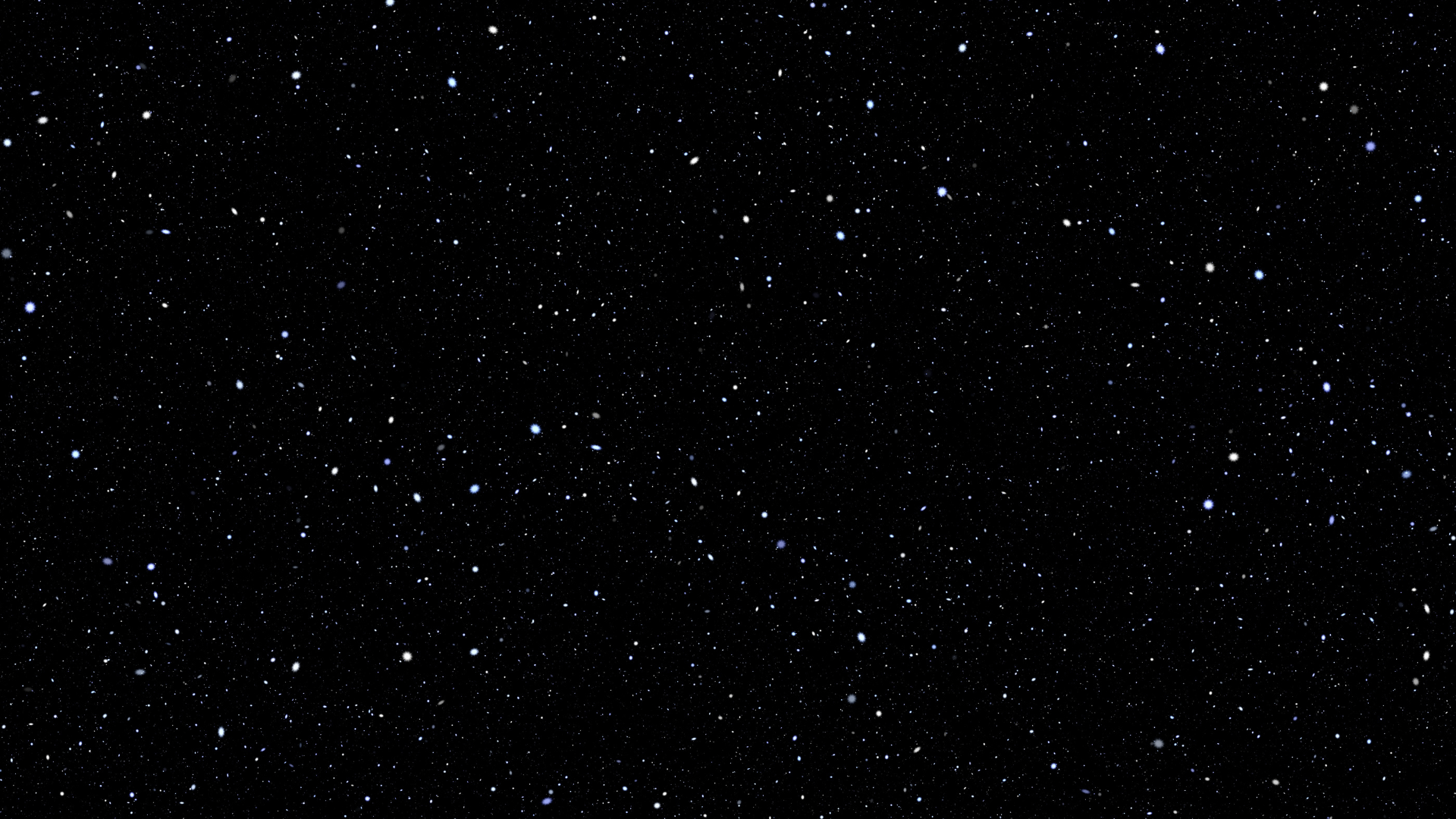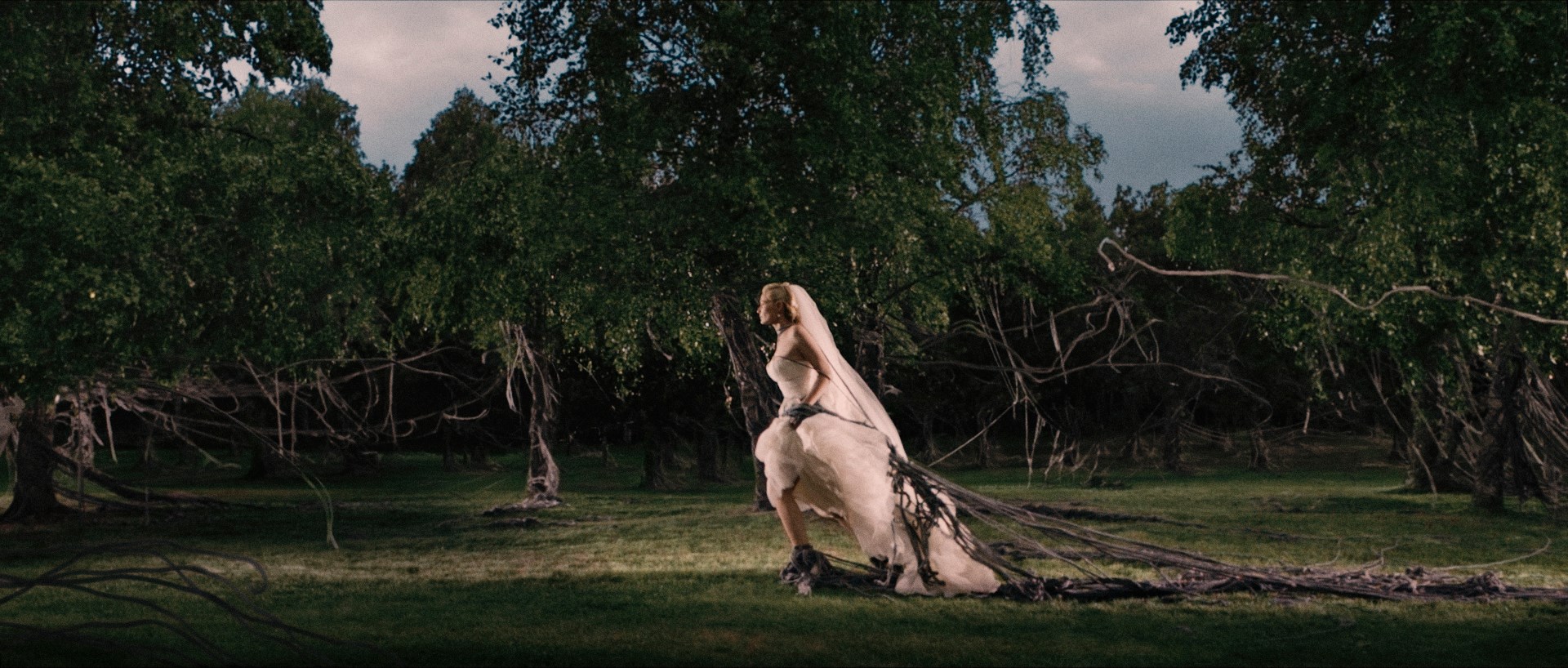The opening sequence of Melancholia (2011, Lars von Trier), a collection of gloomy, surreal, painting-resembling, slow-motion shots, is an insidious introduction to the themes of this compelling cinematic symphony of death and destruction. What completes the eerie dreamscape is the exquisite, haunting piece of music by Wagner – the Prelude to the tragic opera Tristan und Isolde, which magnifies the sorrow depicted in the shots and throughout the whole film. The film and the opera both exhibit the philosophical pessimism of Schopenhauer, revolving around unhappiness, death, and painful, unfulfilled human yearning. The nocturnal landscape, the Realm of the Night from Wagner’s opera, symbolically stands for the realm of hidden truth; and the only escape or redemption from a world perceived as evil and relentlessly suffering, is spiritual release, death, hence Justine’s morbid Ophelia moment and the early appearance of the destructive planet, “Melancholia”. The deadly planet, with its suggestive name, is a metaphor most beautifully conveyed visually when Justine, the perpetually despondent and apathetic bride, bathes naked in its light and is shown yearning for its life-threatening touch, on the same musical notes from the Prelude. Death appears in other forms in von Trier’s haunting cinematic overture as well, such as the striking nightmarish image of the dead birds falling from the sky in the background whilst Justine’s cold blank face is shown in a close-up shot; or the horse collapsing backwards in bleak surroundings. Another memorable surreal image is that of a fascinated Justine staring at her fingertips as they seem to be connected to the bolts of lightning.
Within the themes and the atmosphere of Melancholia, we can also find echoes of Wagner’s own beautifully dark poetic words about Tristan und Isolde, once again resonating with Schopenhauer’s philosophy. He describes the tragic story as “a tale of endless yearning, longing, the bliss and wretchedness of love; world, power, fame, honour, chivalry, loyalty, and friendship all blown away like an insubstantial dream; one thing left living – longing, longing unquenchable, a yearning, a hunger, a languishing forever renewing itself; one sole redemption – death, finality, a sleep without awakening…”

